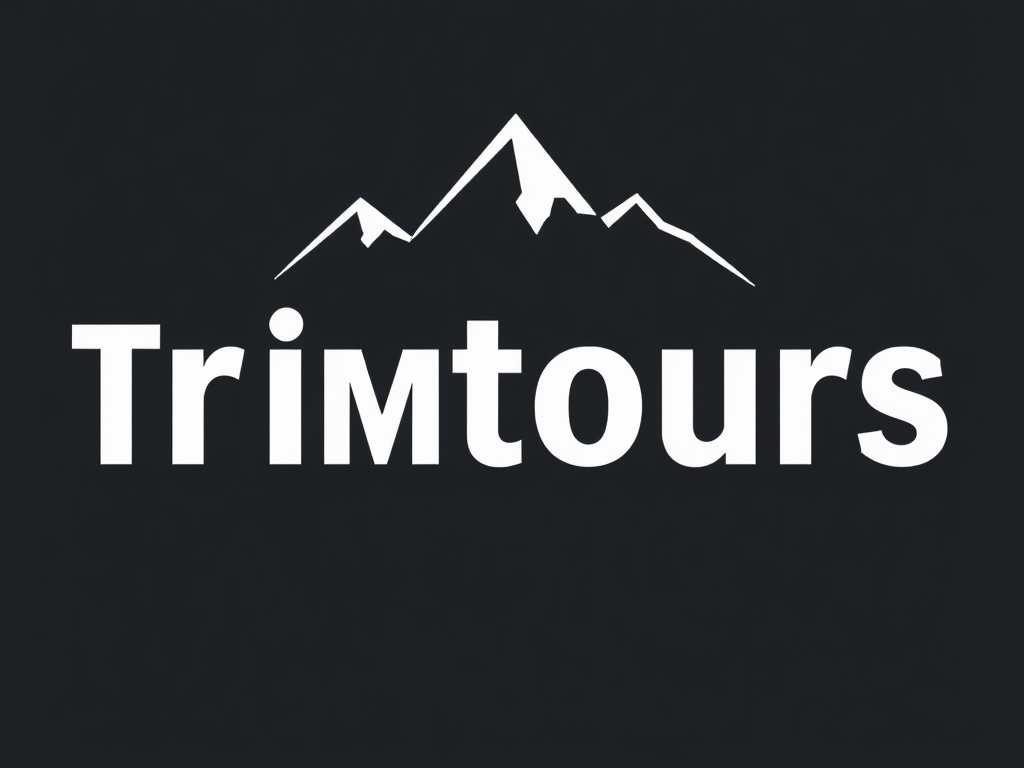Immersion programs in France offer the fastest route to genuine French fluency by surrounding you with the language daily. Living, learning, and thinking entirely in French accelerates skills far beyond traditional classes, making your stay both practical and culturally rich. Whether in bustling cities or serene countryside, these tailored experiences transform language learning into an engaging, life-changing journey.
Key facts and search intent: Understanding French language immersion programs and their benefits
Choosing French language immersion means opting for the fastest and most effective route to fluency, as total immersion surrounds you with French—spoken, heard, and lived—every day. You can view more details with the Immersion French website. French immersion programs typically run for 1–4 weeks or longer, encouraging participants to think and communicate entirely in French from morning until night.
In parallel : Master the Art of Photography: Explore and Capture the Stunning Beauty of Lake District’s Top Scenic Locations
French immersion programs are structured around practical use of language in real-life contexts. These courses blend intensive instruction with daily interactions inside and outside the classroom. Program lengths, class sizes, and environments vary, accommodating beginners, advanced learners, and adults with different goals. Key features include small group or one-on-one lessons, skilled native-speaking instructors, and activities that reinforce both comprehension and speaking skills through everyday experiences.
The benefits of total French immersion are substantial compared to traditional language learning. Learners often report dramatic progress: faster acquisition of vocabulary and grammar, improved pronunciation, and greater confidence. Immersive techniques like homestays, conversation practice, and cultural excursions help solidify language skills, making the journey to French fluency both engaging and practical.
Also read : Mastering the Perfect Photography Adventure: Snap the Majestic Coastal Cliffs of Dorset
Types of French Immersion Programs: Options for Learners
In-person Language Schools and Intensive Group Courses
In-person French immersion for adults, seniors, and travelers centers around total language and cultural integration. Intensive group courses in France, Canada, Switzerland, or Belgium provide structured lessons paired with interaction in daily life. Programs such as Accent Français in Montpellier, CAVILAM in Vichy, or the Institut de Français on the Riviera, feature small class sizes, experienced teachers, and social activities. Courses may last from a single week to several months, accommodating summer, weekend, or long-term stays. Students benefit from developing real conversational skills through routines like shopping, dining, or cultural outings, supporting rapid communication improvement.
Personalized Homestays and Private Immersion Options
French immersion homestays accelerate language learning by living with a host family or tutor. Personalized setups—like programs listed on immersion-french.com—allow for one-on-one coaching, daily French conversation, and immediate feedback. Immersive French language courses often combine cultural participation with tailored instruction, ensuring learners of all ages feel supported and challenged. This suits those seeking flexibility, deeper cultural exposure, or needing refresher experiences.
Online and Hybrid Immersion French Courses
For those unable to travel, French immersion online and hybrid courses blend interactive video tools, live classes, and independent practice. Learners join virtual classrooms or connect individually with teachers, simulating immersive environments at home. Many programs supplement online training with optional in-person sessions or community exchanges, bridging the gap between digital convenience and authentic language use.
Noteworthy French Immersion Schools and Program Features in Different Regions
Precision: Top French immersion schools in France such as Accent Français (Montpellier), Coeur de France (Sancerre), Institut de Français (French Riviera), CAVILAM (Vichy), and ILA Institut Linguistique Adenet (Montpellier) stand out for their intensive courses, immersive learning environments, and strong integration of French culture. These reputable institutions are known for fostering communication skills rapidly through intense exposure and experienced teaching tailored to a wide range of learners.
Accent Français offers courses all year in sunny Montpellier, covering general French, exam preparation, and cultural discovery. Meanwhile, CAVILAM in Vichy provides a vast campus with modern resources, accommodating every skill level and promoting cultural engagement alongside language instruction.
For those seeking an immersive homestay, regions like Provence, Brittany, Alsace, Normandy, and the French Riviera present authentic opportunities. Homestay and private immersion programs create an environment where learners practice with locals and participate in daily French life, driving both conversational and cultural fluency forward.
Many schools feature unique choices such as small class sizes, specialized summer camps for youth, professional French courses, and culture-driven content. These design elements promote interaction, confidence, and genuine connections within the French-speaking community, ensuring memorable and effective language immersion.
Choosing and Preparing for a French Immersion Experience
Key Criteria: Program Types, Level, Location, Duration, Teaching Style, and Accommodation Options
Selecting a French immersion program starts with considering the variety of experiences available. Options differ in location—urban centers like Paris or coastal regions along the Riviera—each supporting unique cultural encounters. Program duration typically ranges from one week to several months, aligning with different learning goals and schedules. Courses cater to all proficiency levels, from beginners to advanced. Teaching styles may vary: some focus on group interaction, while others emphasize personalized one-to-one sessions. Accommodations also play a vital role; students often choose between welcoming local homestays or more independent student residences, each contributing to language exposure and comfort.
Preparation Strategies: Language Refreshers, Setting Goals, and Cultural Readiness
Preparation is crucial for success. Refreshing basic vocabulary and grammar—through online resources or short preparatory courses—can ease the initial adaptation. Setting personal language goals fosters motivation and frames progress, whether aiming for conversational skill or exam readiness. Cultural readiness—learning about local customs, daily routines, and etiquette—can make integration smoother and boost confidence.
Participant Feedback, Reviews, and Maximizing Your Immersion
Feedback consistently highlights rapid language improvement through practical activities and interactive lessons. Engaging fully—using French in and out of the classroom—even if imperfect, accelerates retention. Building vocabulary in real situations, joining group events, and seeking assessment from instructors all support faster progress and make the immersion more rewarding.










